The 1st Independent Polish Parachute Brigade
(1 Samodzielna Brygada Spadochronowa)
Polish Evacuees In The Middle East
A Refuge Became A Home
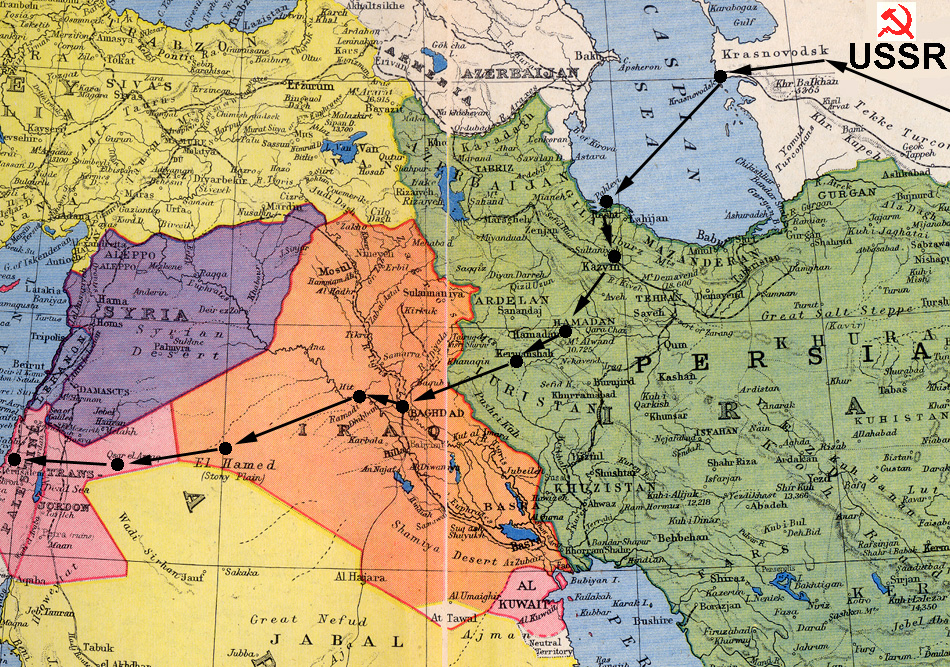
Villages Of Tents
All over the Middle East temporary camps were setup where various military units would be stationed. Civilians were normally held in separate areas. Many camps came and went quickly.
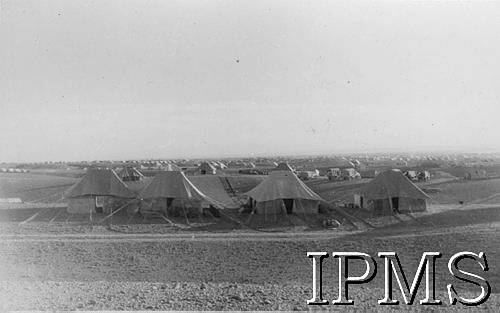
A lot of military men were reassigned to different units as new units were created and others amalgamated.
The Children Of Ishafan
In August 1942 a second wave of evacuations from the USSR arrived in Pahlevi. Amongst these evacuees were over 2,000 orphans. They were soon taken to Ishafan where they received special attention and care.
Ishafan soon became known as "City Of Polish Children" and 21 establishments were setup within Ishafan to care for the Polish Refugee children.
Many of Isfahan’s Polish children remained in the city for the duration of the War. Later on they departed for new lives in East Africa, India, Mexico and New Zealand
Special schools were setup for the orphans to ensure their education did not fall behind. The love and care the Iranians extended to the Polish children is something the Polish people of that era never forget.
Wojtek The Soldier Bear
The media portray Wojtek The Soldier Bear as a mascot, an amazing bear that we should be proud of. I'd like to be the first to challenge this directly. Wojtek was an abused animal and a shameful part of the Polish soldiers history. The facts below will leave you in no doubt about this. The statues to Wojtek appear to honour the animal, the truth is it is shallow honouring where in fact a history of animal abuse occurred.
The Polish soldiers came across the bear when they arrived in the Middle East. The story goes that they felt sorry for it, saw it was hungry etc and so traded for it and looked after it. They named it Wojtek. This bear became their mascot.
The truth about Wojtek though is a multi-faceted act of animal cruelty as you will see.
For the record;
- Wojtek The Soldier Bear was orphaned in the Alborz Mountains in Iran when his mother was shot by hunters. Therefore, the bear was un-necessarily orphaned through the hunters actions. The mother was not shot in self defence but rather hunter un-necessarily. Animals have a right to live on this planet the same as us and this right was over-ridden by hunters who over-powered the mother bear.
- The Iranian hunters then took the bear cub home (as a trophy) and a small boy cared for it. The Polish soldiers describe how it was underfed and they felt sorry for it. It's care was less than desirable if it was underfed.
- Instead of living his days in the wild with his mother (as a bear should) the cub ended up living outwith its natural environment in captivity. This in itself may not be cruelty, but neither is it nurture.
- Wojtek was taught by the Polish soldiers to drink alcohol - This may have amused them but supplying alcohol to an animal is not in it's interests and some may say is tantamount to animal cruelty. They cannot process it, it depresses their systems quickly and even a tiny bit of alcohol can kill.
- Wojtek was taught to smoke by the Polish soldiers - The bear was exposed to risks of cancer and lung disease. In 2019 there exist many movements to stop testing on animals (even smoking!). Wojtek did not understand the risks and was un-necessarily introduced to un-necessary health risks and addiction.
- The Polish Soldiers wrestled with Wojtek - One soldier after another lined up to wrestle with Wojtek, teaching it aggression. The bear was subjected to pain and injury just like humans. It is a basic form of animal cruelty.
- Wojtek the "Soldier Bear" - The bear was taught to carry and load ammunition shells. This happened in combat at Monte Cassino. Taking animals onto the battlefield? The confusion, sheer panic and anguish this caused the animal is tantamount to mental cruelty of an animal. This is something to be ashamed of, not to be proud of.
- Wojtek the Soldier Bear Ended His Days In Edinburgh Zoo - When the World War 2 ended and the Polish soldiers resettled, the bear was abandoned by them (i.e they realised they could no longer care for it as they moved to houses) and so it ended up living for around 20 years in captivity at Edinburgh Zoo. Holding animals captive is another form of humans un-necessarily and un-naturally dominating animals in a manner that limits their freedom and natural habitat.
The media try to portray Wojtek as a hero. Yes, he may have inspired the Polish soldiers, but to his ultimate detriment. Some argue he is a "window" to people learning about the Poles history. To this I argue that there are monuments of Siberian deportations that are far more applicable. The subject of animal cruelty, thinly disguised as a "hero soldier" is appalling. It is strange that in considering the subject of cruelty against humans (i.e Stalins repression of Polish people) we somehow believe the deliberate cruelty of Wojtek the Soldier Bear by these repressed Polish soldiers is somehow worthy of honour. Society has twisted values.
Although the bear was their mascot, it is not being given any further attention on this site because this site is dedicated to the millions of Poles who suffered at Stalin's hand, who overcame all the odds to survive and then became ousted from their own country, never to return.
Schools For Polish Children
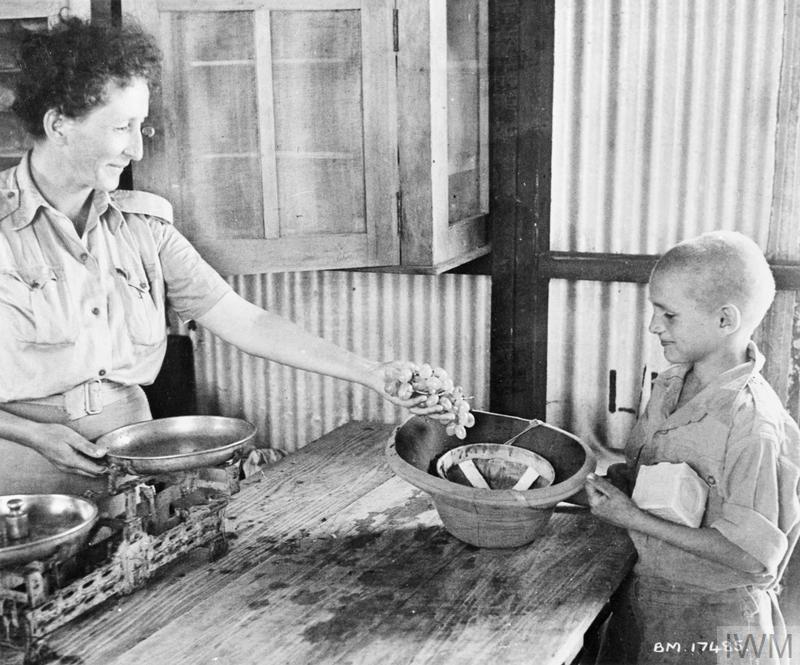
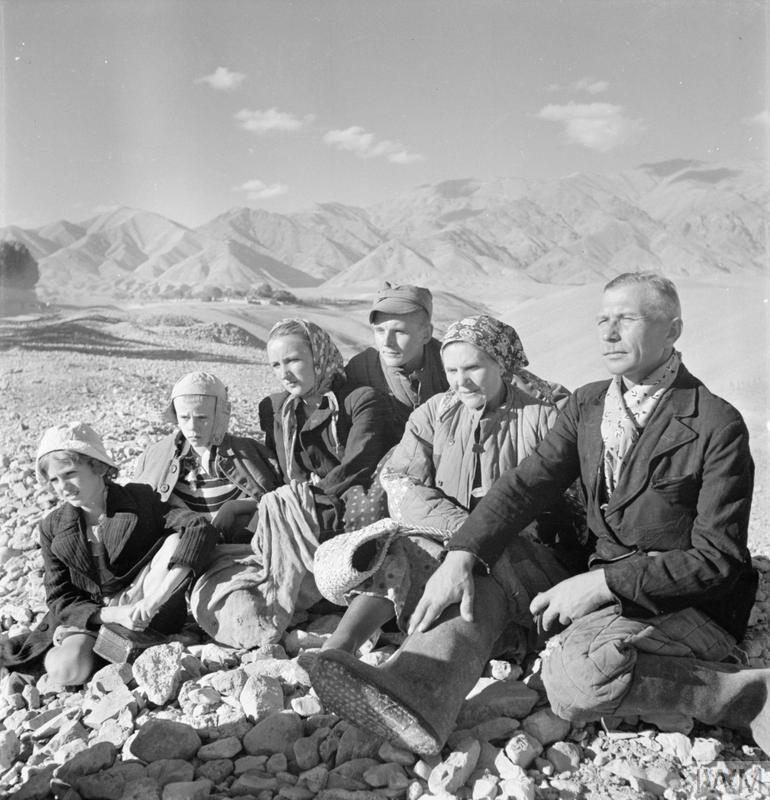
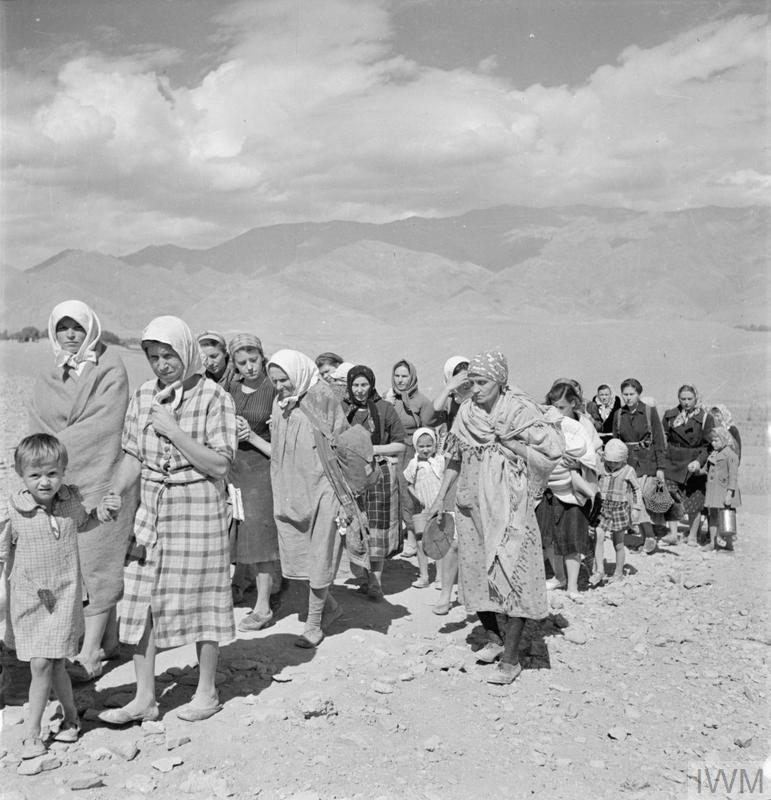
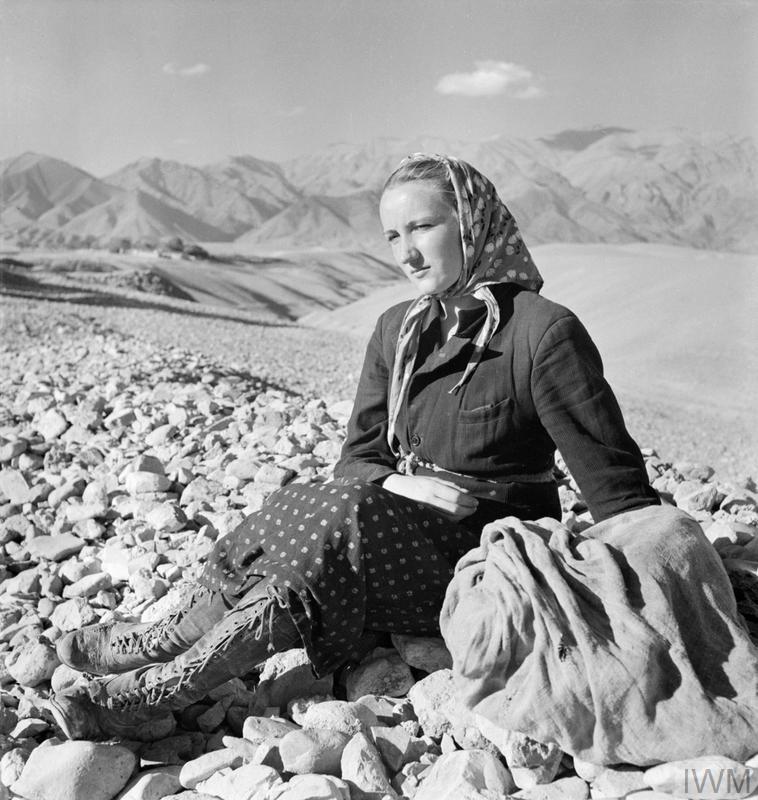
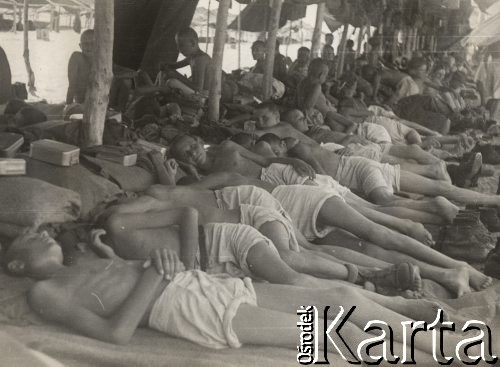
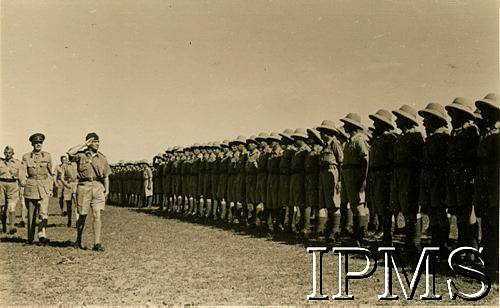 © ©Karta
© ©Karta
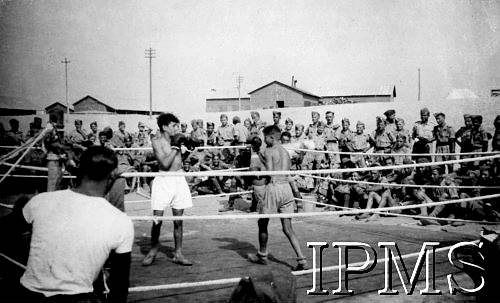 © ©Karta
© ©Karta
Please Donate!

Uncover The Past - Support The Future
Please don't "grab & go"! Each year, 12,000 people visit this website to trace their Polish ancestry, uncover family stories, and connect with their roots. I believe that history should be accessible to all - but keeping this website alive since 2017 comes at a personal cost to me, 8 years @ £1000 per year (website mgt fees) has left an £8000 dent...with only £502 in total donated up to 31/01/26 😱😱😱.
Every detail you uncover and every story you piece together helps you piece family history together. Please donate if you found the existing information on this site useful, help me keep the site alive! Thanks! Jason Nellyer (Researcher & Site Owner)
PS - You'll even get a personal thank you for me for any donations. Truly valued!